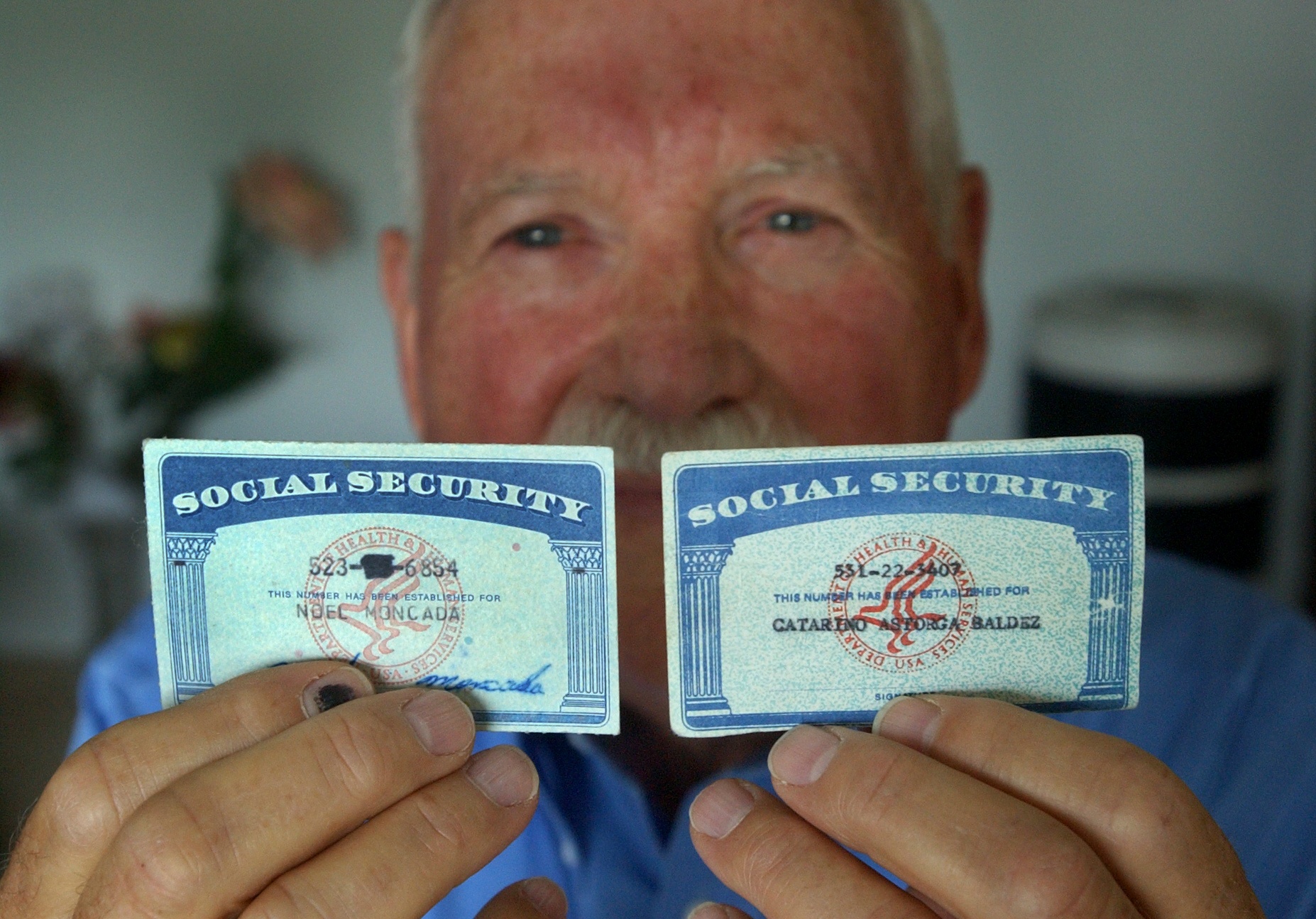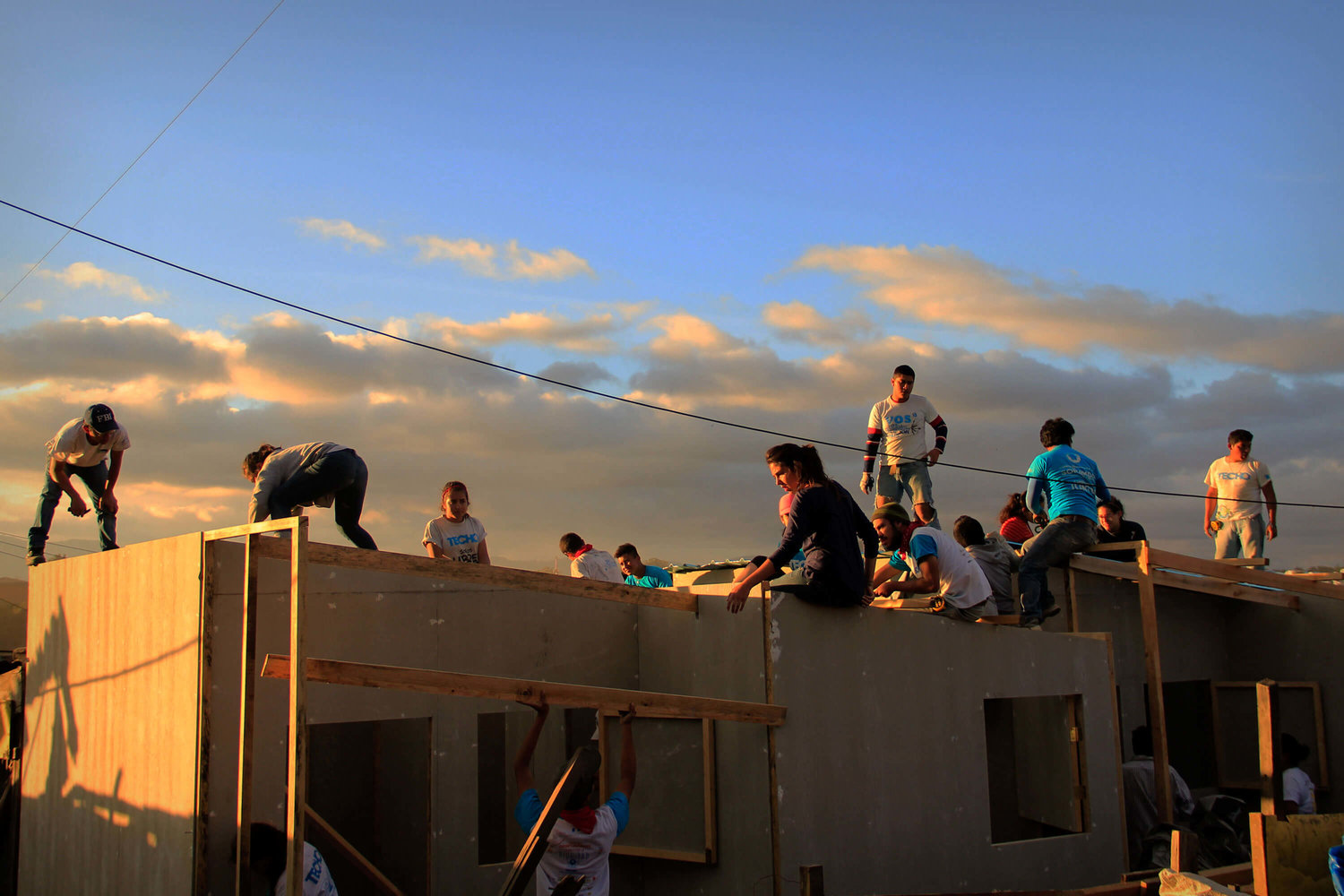The declarations of the Ibero-American Summit have been channeled into some cultural, social and educational programs that helped millions of people. Throughout the last 25 years of existence, the world has changed a lot and the Ibero-American Summit implemented a series of changes to accompany those changes and those affected with the right actions. Read on to find out more about them.
The OISS Program

This program is aimed mainly to assuring a level of Social Security, especially for the oldest. It currently protects more than 6 million people in the region and guarantees all immigrants and their families have access to their retirement pension regardless of the country of the region they are at and from. Fifteen of the twenty two full members are involved and have implemented this program subscribing to the agreement. Those are Argentina, Bolivia, Brazil, Chile, Colombia, Costa Rica, DominicanRepublic, Ecuador, El Salvador, Paraguay, Perú, Portugal,Spain, Uruguay and Venezuela.
Human Milk Banks Program
This program called iberBLH is a bold attempt to reduce infant mortality by assuring the right to human milk from birth. Also, the sharing of knowledge from each of the involved countries make the result much richer than what it would be if they worked isolated from each other.
Technology exchange is also another main aspect of the contribution and the main aspect of the bold step into the future that the program intends to take. The human milk banks are made of the milk of those mothers who produce more than the needed amount to feed their babies.
It is of common knowledge that the mother´s milk is essential in helping to the early development of children as well as reducing infant mortality.Since its approval in 2007, this program has already benefited 15 million women and reaches 1.5 million newborns every year. The involved countries in this initiative are Argentina, Bolivia, Brazil, Colombia, Costa Rica, Panamá, Paraguay, Perú, Uruguay and Venezuela.
Putting A Roof Over Poverty

The program is called “Techo” which is the Spanish for roof and makes a clear reference about what it is about: providing homes for those who don´t have one. One of the main challenges that Latin America faces is the social inequality. According to the Techo Foundation, over 104 million Latin Americans live in settlements because of poverty and lack of resources. This is not bearing in mind those who can´t even afford to live in a settlement and sleep on the streets every night.
With the help of the Ibero-American Summit and Organization as well as 1,110,676 volunteers who put their hands, and 55,806 participants in educational and working programs, the amount of 122,193 emergency houses have been built to this day in the 19 Latin American countries that are gathered in the Summit.
TheinvolvedNations are: Argentina, Bolivia, Brazil, Colombia, Costa Rica, Cuba, Chile, DominicanRepublic, Ecuador, El Salvador, Guatemala, Honduras, Mexico, Nicaragua, Panamá, Paraguay, Perú, Uruguay and Venezuela.
